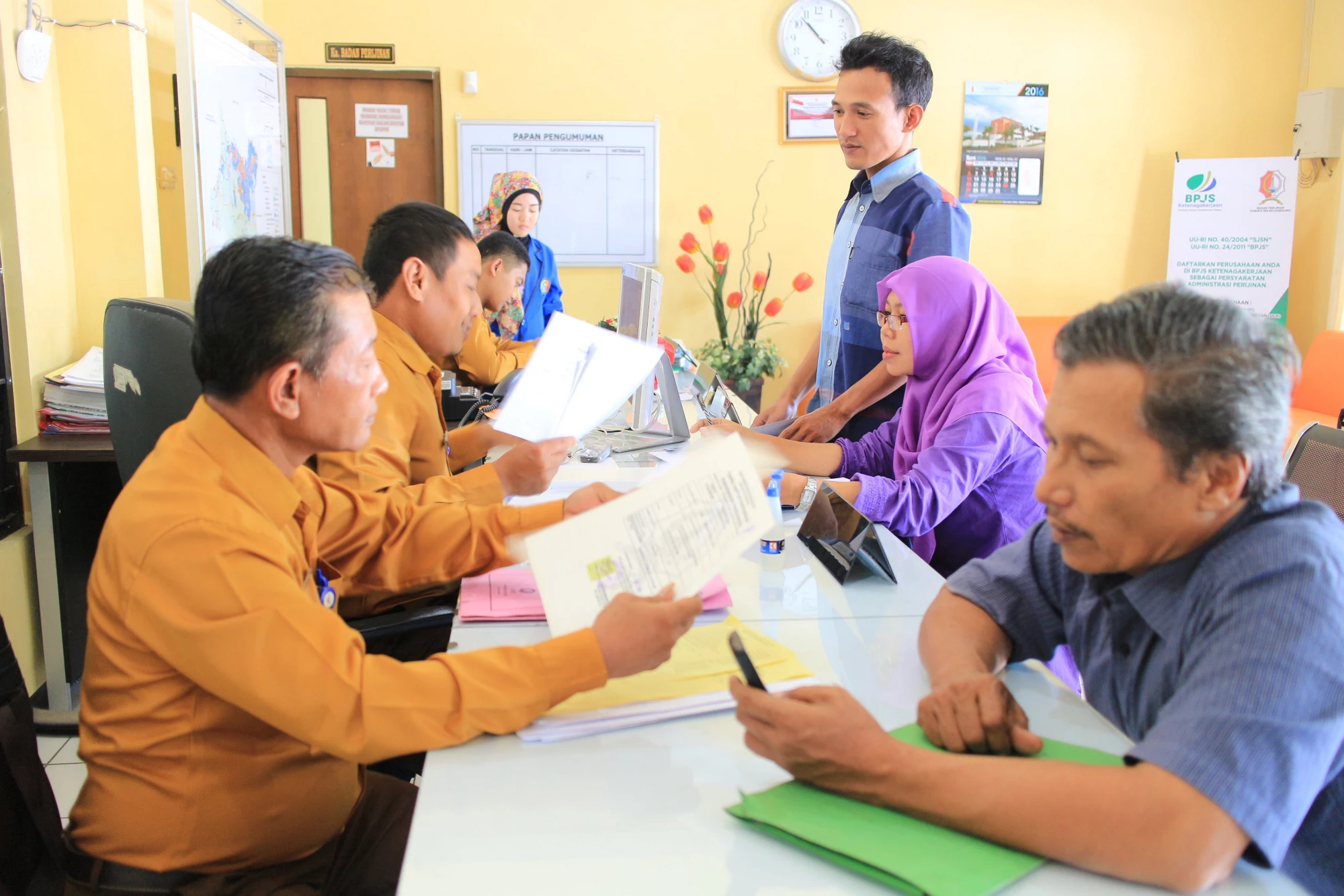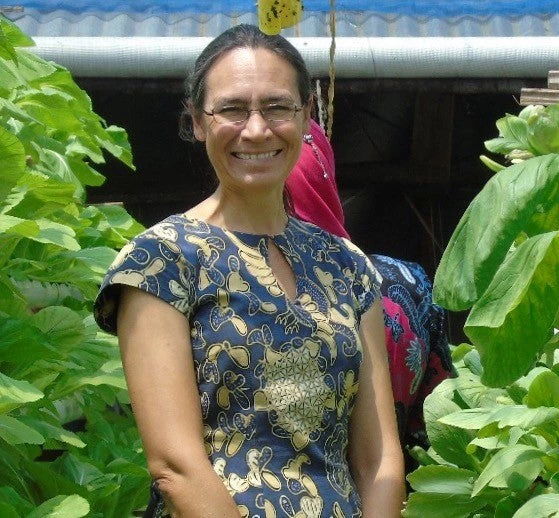
Challenges with decentralization
Seventeen years ago, Indonesia embarked on its so-called big bang decentralization. Almost overnight, responsibility to deliver many public services was transferred to local governments. This was done, in part, with the hope that the decentralization would make local government more agile and responsive to issues facing local communities. However, results have yet to materialize in many locations.
In my view, a key factor driving poor results is the central government’s approach to regulating local governments. In a decentralized environment, the central government has a legitimate role as a regulator to standardize service delivery or financial management procedures. However, in practice, they have been more focused on controlling inputs and processes, with little attention to accountability for results. This approach results in the proliferation of regulatory constraints and a fearful bureaucracy that make it difficult for local leaders to respond to citizen’s problems.
A community focused approach
It is this ‘we cannot do it’ attitude that I have tried to break as Bojonegoro Head of District, a district with a population of 1.2 million in East Java. I worked to ensure that the local government understood problems faced by citizens of Bojonegoro. For this, the Sustainable Development Goals provide a useful framework (as opposed to a useful set of performance indicators). They provide a structure around which to gather data and explore the problems in Bojonegoro, but still give the flexibility to discover what is actually happening and to understand our own development position.
This local data is important, but does not yet ensure that ‘people problems’ become ‘government problems’. For this, we must use the data to develop priorities that are meaningful to us.
Local governments in Indonesia must provide various annual reports, all to different ministries with different visions. We are evaluated on a wide range of indicators, not all of which are in line with local needs. For example, Bojonegoro faces high risks related to natural disasters, including floods and droughts. However, the evaluation indicators for natural disaster preparedness focus more on fires, and as a result are not a good fit for Bojonegoro’s needs.
Instead of just following the national evaluation indicators, data allows bureaucrats to have a clear story as to why they should focus on local issues, such as flood control. It allows them to move from “tick the box” accountability to really starting to address the different needs of the district.
A clear understanding of citizen’s problems can also change the budget process. Our budget used to look the same year after year, as agencies submitted last year’s budget with a few minor adjustments. I challenged my staff to begin the budgeting process by understanding the problems that citizens of Bojonegoro face. We called this ‘problem-based budgeting’.
In addition, by focusing on key local problems, the conversation shifts from one focused on budgets to one focused on resources. These are very different. Budgets are limited and very political. Resources exist at every level: with individuals, in villages, community organizations, through the district level and above.
A good example of this process is the development of our Smart and Healthy Village Movement (Gerakan Desa Sehat dan Cerdas, GDSC). Besides utilizing the data collected by government statistical agencies, I initiated a bottom-up data collection process, every village in the district was asked to collect data on a set of indicators. Their performance was monitored and rewarded against the improvement of these indicators.
Keeping track of progress
Finally, it is important to keep track of progress. To do this, we held a weekly management review to discuss priority programs. We also developed a computer application to monitor program performance. But, we soon learned that without “off-line” follow through, an IT system can become, a meaningless sophistication without real impact.
Similarly, in addition to using a localized version of LAPOR, a nationally developed computer application that enables citizen to report their problems, the Bojonegoro government also held weekly Friday meetings at the district hall, where everybody could come and ask questions.
One size does not fit all
Based on my experience in Bojonegoro, it is clear that advancing development outcomes at the local level involves advancing government beyond a one-size-fits-all strategic model, to one that allows local governments to understand and respond to the unique issues and character of each village and district area . The steps that we followed can also deepen our understanding of the framework presented in the 2017 World Development Report, which sets out commitment, coordination and cooperation as drivers of policy effectiveness.
Bojonegoro uses ‘people problems’ and a strong problem-solving orientation to both build commitment and support coordination. Policies that are anchored in demonstrated community need are more meaningful to local stakeholders. The routine discussion of these problems in Friday meetings allows for citizens to give feedback, but also for them to look for ways that they can work together with government to address the issues that they face.
The approach by Bojonegoro of identifying and breaking down problems, then finding and fitting appropriate solutions is now supported by MELAYANI – a World Bank program which supports local governments to solve challenges related to basic services in Indonesia. The program draws on the Problem Driven Iterative Adaptation (PDIA) model to provide additional tools for identifying problems and developing, implementing and refining solutions.
International, national and local government officials shared experiences in crafting and implementing responses to citizen problems at the MELAYANI executive seminar. Videos of key presentations and discussions can be found here.



Join the Conversation